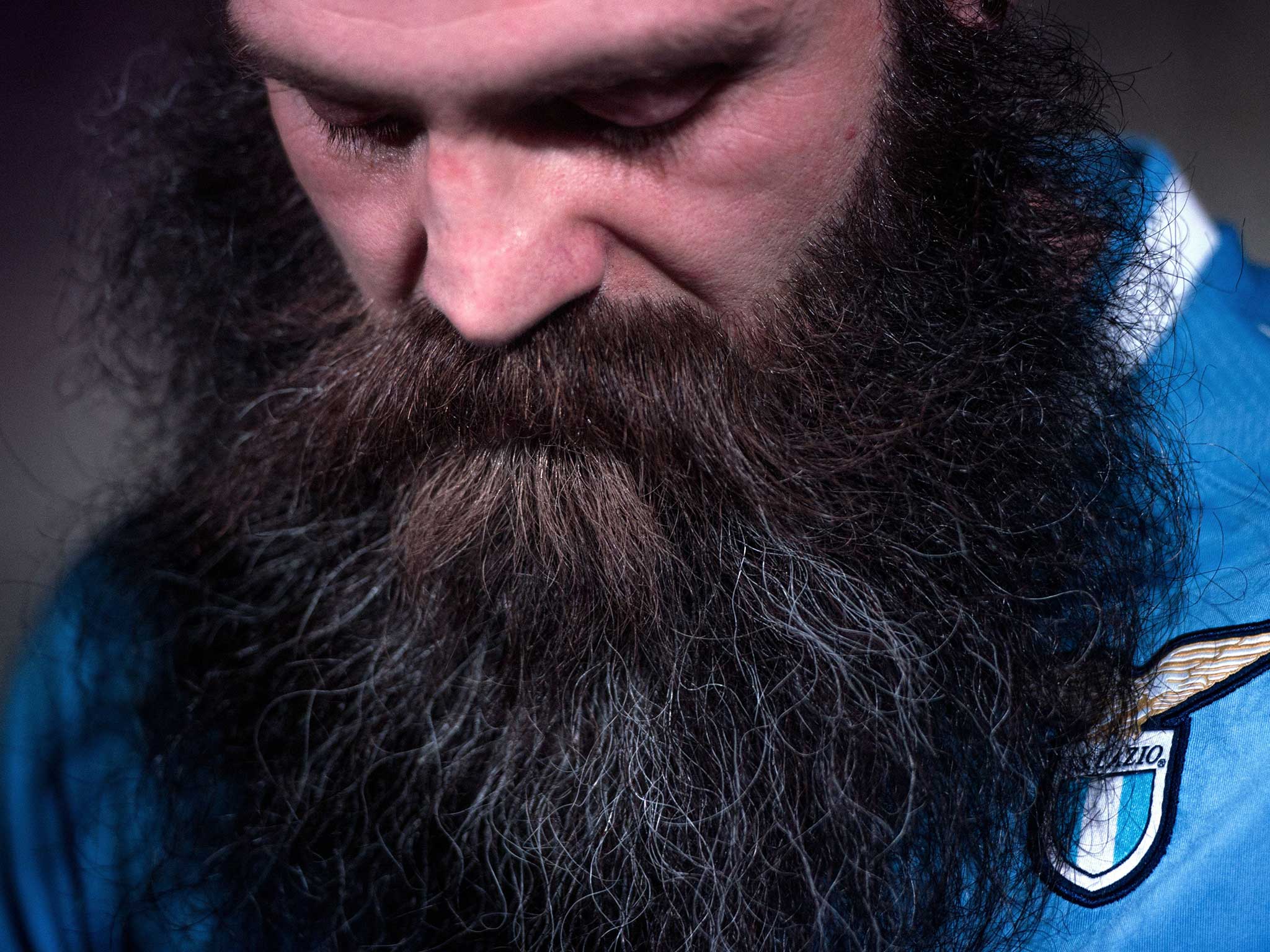Bearded men more likely to be sexist
Australian researchers interviewed 500 men aged 18 to 72 for their attitude towards women

Your support helps us to tell the story
From reproductive rights to climate change to Big Tech, The Independent is on the ground when the story is developing. Whether it's investigating the financials of Elon Musk's pro-Trump PAC or producing our latest documentary, 'The A Word', which shines a light on the American women fighting for reproductive rights, we know how important it is to parse out the facts from the messaging.
At such a critical moment in US history, we need reporters on the ground. Your donation allows us to keep sending journalists to speak to both sides of the story.
The Independent is trusted by Americans across the entire political spectrum. And unlike many other quality news outlets, we choose not to lock Americans out of our reporting and analysis with paywalls. We believe quality journalism should be available to everyone, paid for by those who can afford it.
Your support makes all the difference.Bearded men are more likely to be sexist, research has claimed.
The Australian study interviewed more than 500 men aged 18 to 72, who were divided into facial hair categories (from clean shaven to sporting impressive beards), on their attitudes towards women.
Researchers found men with facial hair – of any length – were more likely to agree with hostile sexist statements. Around seven out of 10 men participating in the survey had a form of beard or stubble.
Sexist statements were differentiated by researchers into hostile and benevolent. The hostile statements include derogatory remarks patriarchal views, for example the view women perceive innocent remarks as being sexist.
Benevolent sexism included actions such as opening doors and insisting on paying for dinner.
Only a third of the men interviewed did not express some kind of sexist statement, according to the research published in the journal Archives of Sexual Behaviour (CORR).
Julian Oldmeadow, one of the researchers from the Swinbourne University of Technology, hypnotised beards appealed to “hostile sexist men” as facial hair was perceived symbol of masculinity and dominance.
“Men holding more patriarchal views may be inclined to reinforce their masculinity and dominance by growing facial hair,” he added.
Join our commenting forum
Join thought-provoking conversations, follow other Independent readers and see their replies
Comments